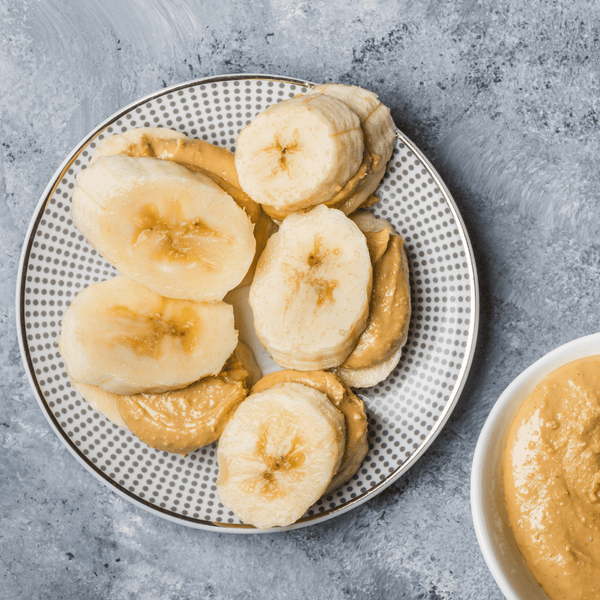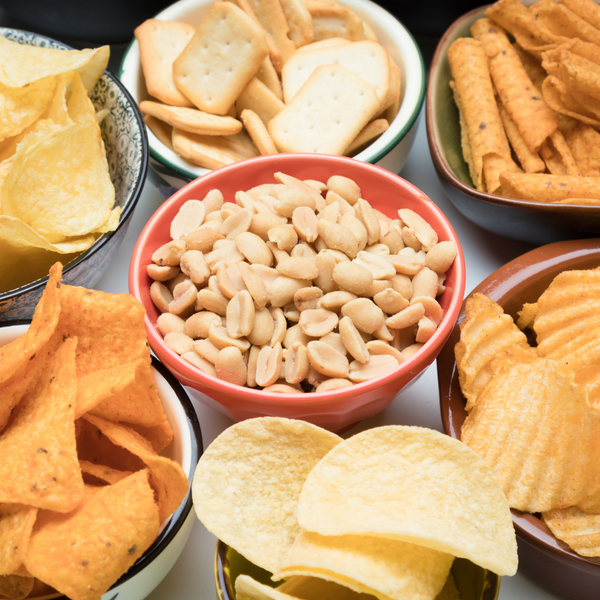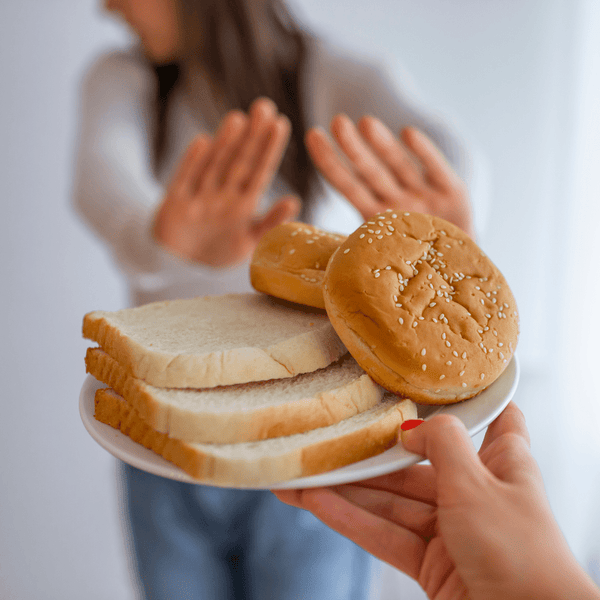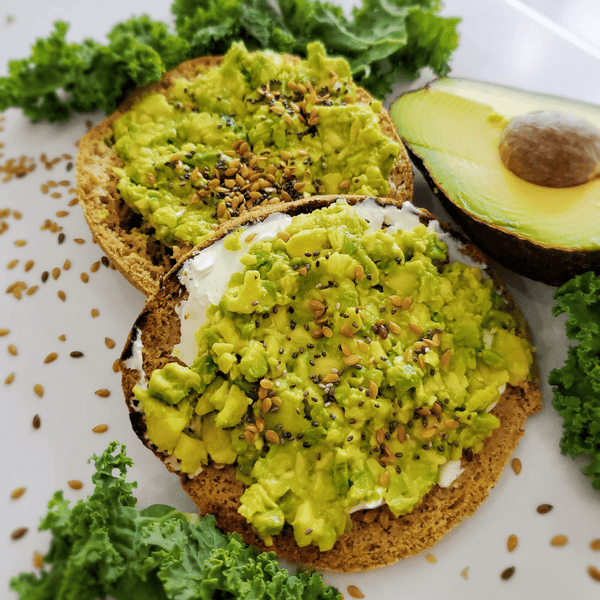900 Calories A Day Diet
So, “900 calories a day” diet, right? Your next fast-track ticket to weight loss? But before you jump on the bandwagon, let’s have an honest chat.
Here’s the deal: our relationship with food is as emotional as it is physical. It’s tied to our daily routines, comfort, celebrations, and even our moments of boredom. So, deciding to eat only 900 calories a day isn’t just about crunching numbers or sipping on low-calorie snacks.
It’s about understanding your body, respecting its needs, and making choices that support long-term health. Because, spoiler alert: going too low, too fast, can backfire.
This blog isn’t here to push you into a rigid plan but to guide you. If you’re curious about a 900-calorie diet, we’ll explore how to approach it thoughtfully, prioritize safety, and set yourself up for success. Ready? Let’s dive in!
Before exploring extreme calorie restriction, understand your body's baseline requirements—read our comprehensive guide on how many calories should I eat per day to determine what's appropriate for your unique needs.
What is a 900 Calorie Diet?
A 900 calorie diet, as the name suggests, limits your daily caloric intake. While most adults require around 2,000 calories daily (depending on age, gender, and activity level), a low-calorie diet typically cuts this number in half or more. The 900-calorie plan falls under the category of “very low-calorie diets” (VLCDs).
These diets are often used under medical supervision for individuals with obesity who need to lose weight quickly for health reasons. However, it’s not a one-size-fits-all solution and isn’t suitable for everyone. Comparing different calorie restriction levels can help you find the right approach—explore 600 calories a day, 700 calories a day, 800 calories a day, 1000 calories a day, and 1300 calories a day diet plans to understand which level might work best for you.
How Does a 900-Calorie Diet Work?
When you consume fewer calories than your body needs to function, it creates a calorie deficit. This deficit forces your body to tap into stored fat for energy, resulting in weight loss. A 900-calorie diet accelerates this process but at the risk of depriving your body of essential nutrients.
Key points to consider:
- Energy Expenditure: Your body burns calories for everything from breathing to digesting food. A 900-calorie plan must be approached cautiously to avoid slowing your metabolism.
- Macronutrient Balance: It’s not just about calories. Your meals need to include the right mix of protein, fats, and carbs to keep you nourished. Protein is especially crucial during calorie restriction—discover how much protein you need to build muscle and explore our high-protein snacks collection to preserve lean mass while losing weight.
- Individual Needs: Factors like your age, activity level, and health status significantly impact how your body responds to such a diet. Understanding the weight loss journey helps set realistic expectations—explore our guide on female stages of weight loss and learn proven calorie deficit tips for women for sustainable results.
Who Should Avoid a 900-Calorie Diet?

Not all healthy weight loss methods are suitable for everyone. Certain groups should steer clear of extremely low-calorie diets:
- Pregnant or Breastfeeding Women: They need additional calories to support their own health and the baby’s development.
- Teens and Growing Adolescents: Young people require adequate energy for growth and development.
- Athletes or Highly Active Individuals: Their caloric needs are much higher, and restricting intake could hinder performance and recovery.
- Individuals with Eating Disorders: Low-calorie diets can trigger unhealthy behaviors or worsen pre-existing conditions. For safer, more sustainable weight loss approaches, consider our 7-day protein diet plan for weight loss or explore comprehensive meal plans for weight loss that provide balanced nutrition without extreme restriction.
The Psychology of Eating Less: Handling Hunger and Cravings
Eating only 900 calories a day requires mental preparation as much as meal planning. Here are ways to manage hunger, suppress your appetite, and stay on track:
- Drink Water First: Sometimes, thirst disguises itself as hunger. A glass of water can help curb unnecessary snacking. If you're exploring fasting protocols, learn what you can drink while fasting and read our complete guide to intermittent fasting for a more flexible approach to calorie management.
- Mindful Eating: Savor every bite. Look for healthy low-calorie snacks that also provide adequate nutrition. Eating slowly helps you feel full sooner. Master the art of choosing nutritious options with our food label guide and discover healthy snacks for weight loss that keep you satisfied.
- Volume Eating: Opt for high-volume, low-calorie foods like leafy greens and vegetable soups to feel fuller on fewer calories. Learn more about smart food choices with our guides on high-volume low-calorie foods, low-calorie vegetables, and best zero-calorie snacks for weight loss to maximize satiety.
- Distract Yourself: Cravings often pass in 15-20 minutes. Keep busy with a hobby or light exercise to take your mind off food. Managing hunger is crucial for success—discover proven strategies in our articles on how to suppress appetite and how to stop being hungry naturally without feeling deprived.
Sample 900-Calorie Meal Plan
Here’s a day’s worth of meals to give you an idea of how to distribute your calories wisely:
- Breakfast: Scrambled egg whites with spinach and a slice of whole-grain toast (150 calories).
- Snack: A chocolate brownie protein bar from 100 Cal Snacks. Explore our complete protein bars collection and read about the best protein bars for weight loss to find your perfect match.
- Lunch: Grilled chicken salad with mixed greens, cherry tomatoes, cucumbers, and balsamic vinegar (250 calories).
- Snack: Delicious and crispy low calorie protein bars, protein puffs, that are both indulgent and healthy.
- Dinner: Baked salmon with steamed broccoli and lemon (250 calories).
Need more meal inspiration? Check out our guides on low-calorie breakfast, high-protein lunch, low-calorie dinner ideas, and high-protein dinner to plan complete, balanced days within your calorie budget.
Exercise on a 900-Calorie Diet: Should You or Shouldn’t You?

Physical activity is essential for overall health, but intense workouts on such a restrictive diet may not be ideal. Instead, focus on:
- Low-Intensity Exercises: Walking, yoga, beginner friendly fitness challenges, or stretching can keep you active without overexerting yourself. Find motivation with various workout challenges designed for different fitness levels, and learn about proper nutrition timing with pre-workout snacks and pre-workout meals that won't break your calorie budget.
- Strength Training: Light resistance exercises help maintain muscle mass. Optimize your workout nutrition—discover protein bar timing before or after workout for best results and explore protein bar before bed for overnight muscle recovery support.
- Listen to Your Body: If you feel dizzy or weak, it’s a sign to scale back.
Potential Benefits of a 900-Calorie Diet
- Rapid Weight Loss: When done under supervision, it can help kickstart weight loss for those who need immediate results.
- Improved Metabolic Health: Losing weight can lower blood pressure, improve cholesterol levels, and reduce the risk of type 2 diabetes. Supporting your gut during weight loss is essential—learn about best foods for gut health and explore our gut-healthy snacks collection for digestive wellness.
- Increased Discipline: Following a structured plan can build better eating habits over time.
-
Opportunity to Reset: For some, this diet can help reset their relationship with food by encouraging mindful eating. Understanding metabolic concepts helps prevent weight regain—read about what is a calorie surplus to maintain your results long-term and avoid the yo-yo dieting trap.
Risks and Red Flags to Watch Out For
While there are potential benefits, the risks often outweigh them for most people. Watch out for:
- Persistent fatigue or dizziness
- Hair loss or brittle nails
- Constipation or digestive issues
- Loss of focus or mood swings
If you experience any of these, it’s time to reevaluate your approach.
Nutritional deficiencies can cause these symptoms—ensure adequate fiber intake with high-fiber snacks and learn about prebiotic foods, prebiotic fiber supplements, and worst foods for gut health to support overall wellness.
